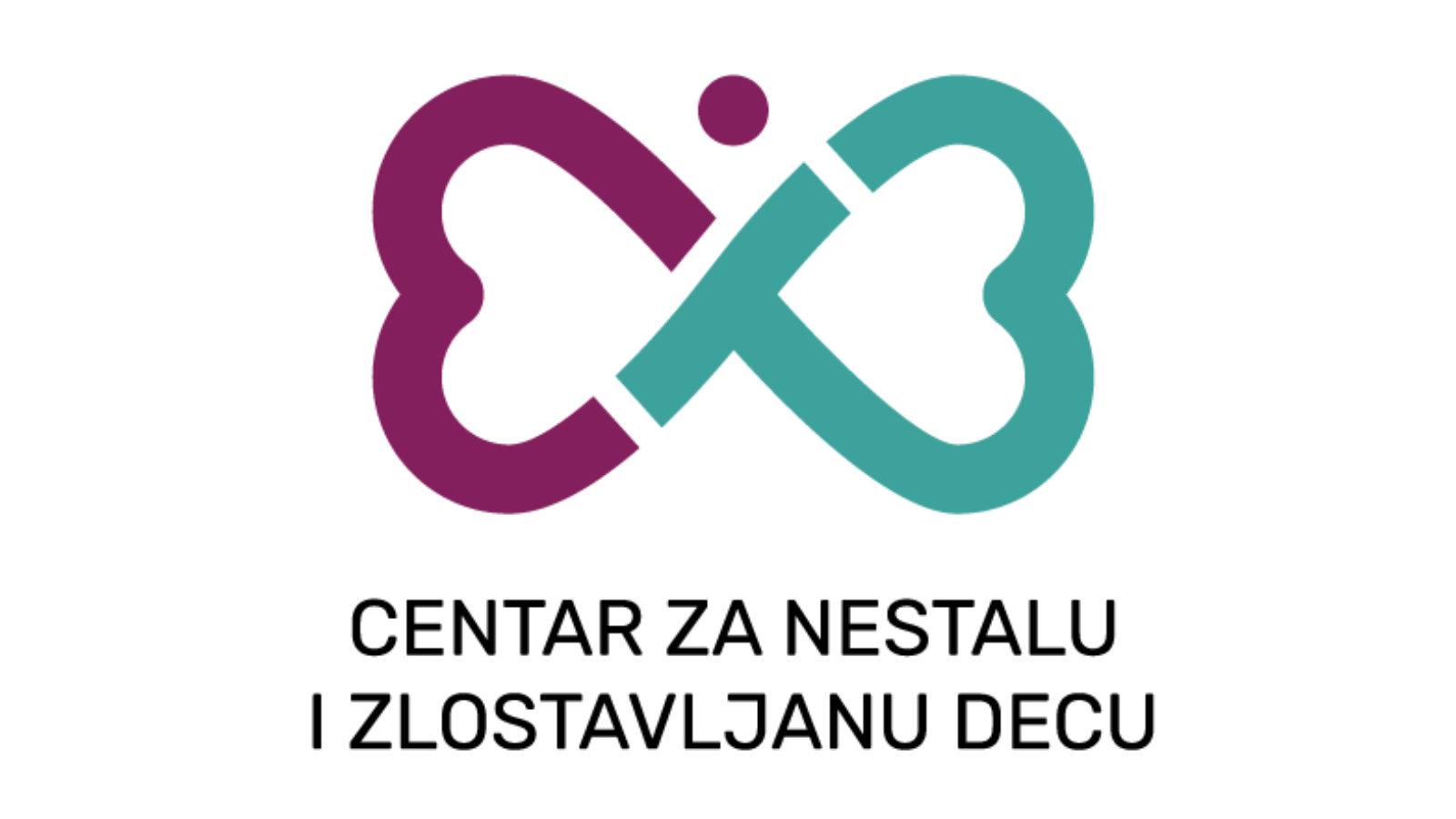Implementing organizations:
- Center for Missing and Exploited Children, Lead applicant, Serbia
- Child Rights Center, Partner, Albania
- First Children’s Embassy in the World – Megjasi, Partner, North Macedonia
Summary of the project
The TOMAS (Towards UnifOrMed Legislation Against CSAM) project is a proactive and collaborative initiative that addresses the problem of online sexual exploitation of children in the Western Balkans. In a digital age where children extraordinary benefit from the advantages of technology, such as unlimited access to information and communication, the project highlights the pressing issues of vastly growing problem of Child Sexual Abuse Material (CSAM) and Grooming. CSAM has become a significant worry, due to the lack of control mechanisms for online content and behaviors harmful to children. Reports from the US National Center for Missing & Exploited Children’s CyberTipline indicate over 32 million cases of suspected child sexual abuse online in 2022.
The Western Balkans region is not immune to this global phenomenon, as evidenced by alarming statistics. The Albanian domain .al ranks third in Europe for hosting indecent images of children, and Serbia alone seized over 15 terabytes of abusive material in 2019. Children in the region enter the online environment early, with UNICEF data revealing that 86% of children aged 9-17 in Serbia use the Internet daily. However, their awareness of potential dangers remains insufficient, leading to negative online experiences.
The TOMAS emphasize the urgency of addressing this issue, recognizing the need for a coordinated response to the impending threat posed by the subsequent rise in CSAE cases. The project consortium, comprising three CSOs from different Western Balkan countries (Serbia, Albania, North Macedonia), will collaborate with the Eurochild, to prevent the region from becoming a hub for CSAM. Namely, the project’s key focus is to align national legislations with the EU proposal for a Regulation to Prevent and Combat Child Sexual Abuse, fostering timely adjustments and enhancing online child protection.
There is a genuine concern that perpetrators may exploit weaker regulatory frameworks in non-EU countries, and in the Western Balkans in particular, leading to an expansion of CSA online activities. To counteract this threat, the TOMAS project aims to facilitate regional cooperation and networking, engaging civil society in advocacy, policy influence, public awareness and collaboration with international counterparts. By doing so, TOMAS empowers CSOs to play a pivotal role in influencing decision-makers, fostering positive change in the legal framework, and enhancing the region’s approach to online child protection, specifically in safeguarding children from CSAM. The project’s objectives align with broader regional goals of strengthening participatory democracies and Euro-Atlantic integrations, contributing to a safer online environment for children in the Western Balkans.
Project goals
The Overall goal of TOMAS project is to improve the situation in the Western Balkan in the field of combating online sexual exploitation of children. This will be achieved through activities of regional CSOs in cooperation with their EU counterpart Eurochild, aimed at influencing decision makers in 3 WB countries: Serbia, North Macedonia and Albania, for introduction of legal framework, aimed at for adjusting their national legislative frameworks with the ongoing process related to the proposed EU Regulation to Prevent and Combat Child Sexual Abuse.
Specific objectives are:
(1) Increased awareness of online safety among the regional population.
(2) Progress in discussions and potential changes in legislation.
(3) Exchange of experiences and knowledge among project partners from the Western Balkans
Target groups and beneficiaries
Children from the Western Balkan region are the primary target group of the TOMAS project, as well as its final beneficiaries. Children are the predominant group of users of digital technologies in modern day-to-day life, and also the most vulnerable group when it comes to safety risks. In order to protect children online, we plan to involve the stakeholders: a) Individuals, institutions, experts and organisations working with children; b) Policy and decision makers in the WB, including government officials and lawmakers; c) EU Institutions, since the whole project proposal refers to adjustment of the national legal framework with the proposed EU draft regulation; d) the media, since the media campaign is an important tool used in public advocacy campaigns; and finally e) citizens of the WB, by improving their awareness about online safety, understanding of the issue of CSAM, knowledge of available mechanisms, the ability to identify and report CSAM and constraints such as lack of awareness, lack of information, reluctance to get involved.
Main activities
Informative regional public campaign about online safety
- Media and social media campaign at regional level
- Public events at national level (tribunes, marking Safer Internet Day)
- Publishing electronic informative materials (printed and electronic) on CSAM
Advocacy and lobbying activities for Improvement of WB national legislations regarding CSAM
- Development of tailor-made advocacy materials and lobbying toolkits
- Regional workshop with experts from the EU-based stakeholder Eurochild
- Roundtables with experts at national levels
- Meetings with policy and decision makers at national Levels
Regional partnership and children participation
- Workshops at national level with up to 10 children representatives
- Partner project meetings
- Regional conference presenting project results and providing recommendations for WB decision makers at national levels (with children participation).








